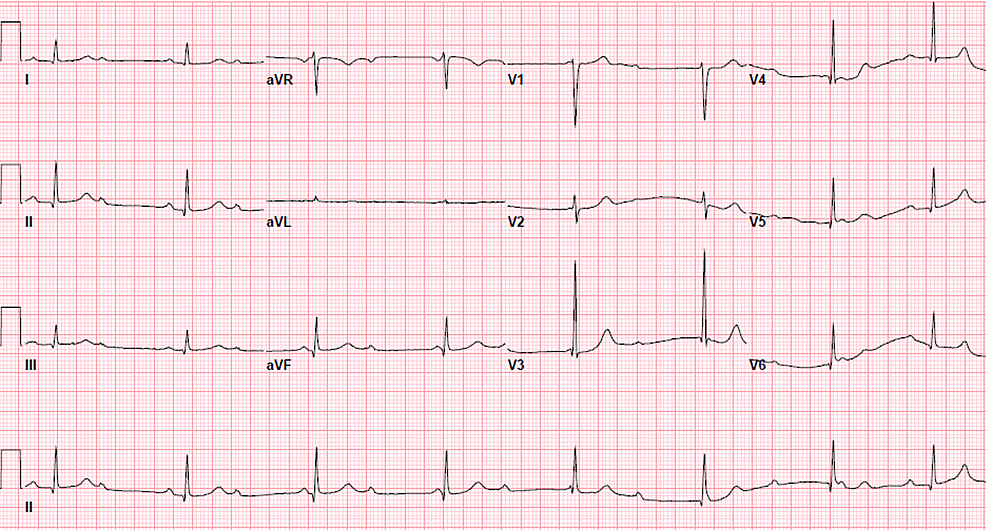

“It must be stressed that exercise is good for you – and its benefits far outweigh the risks.”įirst author Dr Pietro Mesirca, a researcher from the Institute of Functional Genomics in Montpellier said: “Understanding the physiology of the athlete’s heart is incredibly helpful: it could help us develop new interventions for heart block as well as help doctors more effectively monitor heart rhythm disturbances in top-flight professional athletes.”Įquine cardiologist and co-author of the study, Professor Rikke Buhl Professor Rikke Buhl from University of Copenhagen said: “Like human athletes racehorses suffer from cardiac arrhythmias and unfortunately also sudden cardiac death during or immediately after racing. Because we found similar effects on both mice and racehorses, it’s fair to assume this mechanism is present in humans too.” “For the first time our research highlights the fundamental adaptations taking place.

“But clinical research suggests that this may be ‘a canary in a coalmine’: it can flag up the risk of abnormal heart rhythms which may for example necessitate the implantation of a pacemaker in some individuals. Lead author Dr Alicia D’Souza, a British Heart Foundation Intermediate Fellow from The University of Manchester, said: “It’s well known that athletes are predisposed to heart block which in itself is often benign. Training-induced heart block and underlying ion channel changes were reversible when the exercise was stopped or when mice were given a compound known as an anti-microRNA. The mice were used to explore mechanisms underlying heart block in detail using approaches that would not be possible in racehorses. The expression and activity of the ion channels were then investigated in detail in mice that followed a program which modelled long-term exercise training to build their fitness. The study, published in the leading journal Circulation Research, found that long-term training in both horses and mice caused a reduction in key proteins, known as ion channels, that control AV node conduction. The heart’s AV node is part of its electrical conduction system controlled by the autonomic nervous system and electrically connects the atria and ventricles. The expertise to investigate the structure and function of the AV node has been developed by the Manchester team with longstanding BHF funding. The team is the first to research the physiology of the notoriously hard-to-study AV node in athletes.

While benign for many people, heart block - also known as AV block - can be a precursor to more serious heart problems.
HEART BLOCKS SERIES
The work is the latest in a series of studies conducted by the team, showing that endurance exercise directly impacts the electrical wiring system of the heart.ĭespite well-recognised cardiovascular benefits, sustained endurance exercise in athletes, footballers and other sportspeople can lead to the development of abnormal heart rhythms - known as cardiac arrhythmias, including heart block.

The University of Manchester-led study found that long-term exercise in retired racehorses – the best available model of the athlete’s heart - and in mice, triggered molecular changes in a part of the heart known as the atrioventricular (or AV) node. An international team of scientists from Manchester, Montpellier and Copenhagen have identified why some endurance athletes experience a heart rhythm disturbance called ‘heart block’.


 0 kommentar(er)
0 kommentar(er)
